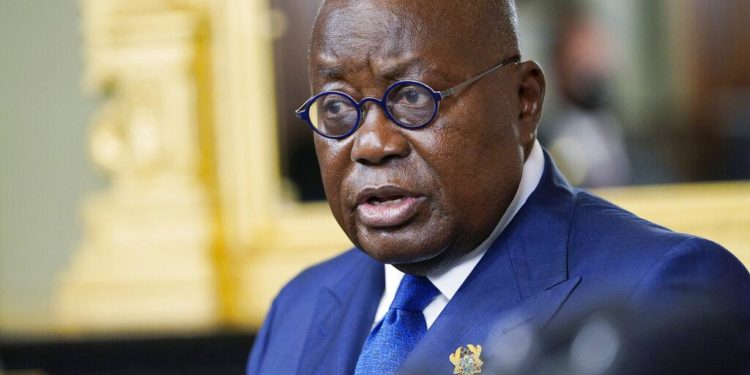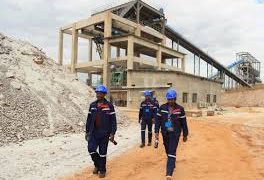List of Ghana’s unkept promises to the IMF in last bailout programme
Ghana’s return to the IMF for the 17th time, according to policy Think Tank, IMANI Africa, is due to some “unfinished business” the country has with the Fund.
According to the Think Tank, this is due to the country’s failure to undertake some eight (8) reforms it promised to undertake upon exiting the Fund programme.
The promises made to the Fund, the Think Tank notes in its report brief on Ghana’s return to the IMF include:
- Reform exemptions regime
- Tightening minerals exports regime
- Property rates reform (DCS bungling)
- Sound receiverships for resolved banks (recovery prospects)
- Public Sector Reform Program stalled (car purchases)
- Public debt to stay below 65% of GDP
- Energy Sector Reforms, esp ECG Concessioning
- Minimise sole-sourcing
Of the reforms promised the IMF, not a single one has been fully met, IMANI asserts.
Ghana, under the erstwhile NDC government entered into an IMF programme in 2015 which was meant to end in 2018.
However, the incumbent NPP government requested for an extension of the Fund programme which ended in April 2019.
Prior to exiting the programme in 2019, the incumbent government requested for some waivers which included:
- relax the public wage bill ceiling rule
- relax net international reserves requirement for the Bank of Ghana
- relax the primary balance and gross credit to the government by the Bank of Ghana.
- Convinced the IMF to release seventh and eighth tranches of disbursements anyway despite not meeting several targets under the programme
According to IMANI Africa, the justification for the aforementioned waivers by the government was the strong pick up in GDP growth.
At the time, GDP growth was coming from a low base due to Dumsor ending in 2016, oil production had expanded by 20% due to the ramp-up of Sankofa-Gye Nyame oil field and the rally in commodity prices.
In addition to the above justifications, the government, it says, gave the IMF unrealistic hopes of;
- Producing 1 million barrels of oil per day by 2023-2024 (reality: will struggle to maintain 150,000 barrels per day)
- Increase financial technology use to boost service sector growth (reality: e-levy)
- Integrate bauxite production with local refining and aluminum smelting (reality: Sinohydro has now abandoned bauxite anchor for investment) and
- Large numbers of NABCO graduates (>10,000) to be facilitated to go into commercial production (reality: not even 100 beneficiaries have successfully been transitioned to commercial entrepreneurship)
President Akufo-Addo on July 1, 2022, directed the Finance Minister, Ken Ofori-Atta, to engage the IMF for a bailout programme.
The bailout programme is to request for a Balance of Payment (BoP) Support Programme from the Fund over the medium-term.









Borrowing has become right.we don’t see the dangers involved.That through
borrowing we enslaved our country.
I will not talk about debt servicing.
But draw attention to countries like
Papua New Guinea,Sri Lanka etc.etc.They have falling into the clutches of China.Ghana is no exception.